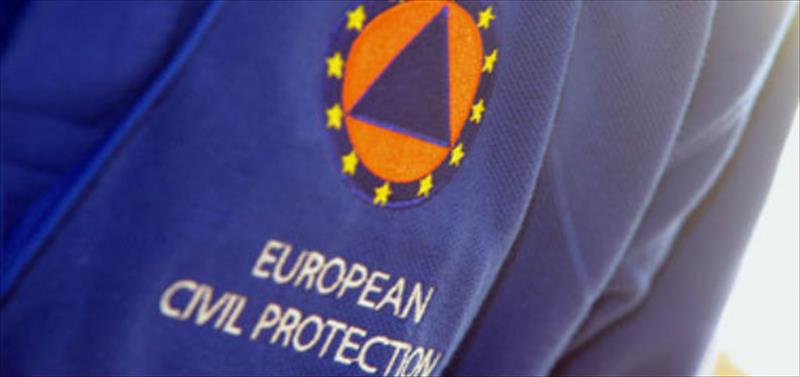The European Union is providing coordinated assistance through the EU Civil Protection Mechanism which has been activated upon the request of Serbia and Bosnia & Herzegovina due to severe flooding in both countries.
Serbia’s urgent request for high capacity water pumps and operational teams has been channelled through the European Commission’s Emergency Response Coordination Centre (ERCC) and was answered positively within a matter of hours by Bulgaria, Germany, Slovenia and Austria. Thirty six hours after the Serbian request was made the number of Member States offering assistance has reached ten, with the Czech Republic, France, Croatia, Lithuania, Latvia and Estonia joining the relief efforts. Arrangements are currently underway for the deployment of rescue boats, high capacity pumps and operational teams in Serbia. Most of the aid will have arrived by tomorrow.
So far, Slovenia, Austria, Luxembourg, the United Kingdom, Slovakia, Belgium and Germany have responded through the EU Civil Protection Mechanism to the request of Bosnia and Herzegovina, offering helicopters and motor boats to support the evacuation of residents and transportation of water, medicines and food. The assistance is underway and transportation costs are being co-financed by the European Commission.
A seven-member EU Civil Protection Team is being deployed to Serbia today to liaise with national authorities and the EU Delegation in the country and to facilitate the delivery of the incoming assistance. An EU team of civil protection experts will be deployed to Bosnia & Herzegovina tomorrow.
This morning Bosnia & Herzegovina requested the EU Civil Protection Mechanism for additional assistance as the situation in the country is getting more critical. The Emergency Response Coordination Centre (ERCC) has immediately communicated Bosnia & Herzegovina’s request for pumps, generators, tents, humidity dryers, water purification sets, gas heaters for tents, and sanitation items to Member States.
“I want to send my sincere condolences to the families and loved ones of those who have perished as a result of these terrible floods,” said Kristalina Georgieva, the EU Commissioner for International Cooperation, Humanitarian Aid and Crisis Response.
“In less than a day and a half fourteen of our Member States – half the European Union – have responded to calls for assistance from Serbia and Bosnia and Herzogovina, mobilising helicopters, boats, pumping modules and expert teams. This is an admirable display of European solidarity and we will keep supporting our neighbours for as long as they need our help.”
The European Commission’s Emergency Response Coordination Centre (ERCC) is in constant contact with both affected countries and with participating states in the EU Civil Protection Mechanism, matching the incoming offers for assistance with needs on the ground.
Background
Due to continuous rainfall that started on 13 May 2014 in Serbia and in Bosnia & Herzegovina, thousands of people have been affected by floods.
As of 17 May the water in Bosnia and Herzegovina is slowly declining, but the situation remains still complex due to numerous landslides, causing house collapsing and road damages. State and local authorities are engaged in ongoing evacuation efforts. More than 6 000 people have been evacuated so far. It is estimated that over 50 000 people may be affected by floods and landslides.
In Serbia, at least five people have died after the equivalent of four month’s rainfall fell in just one day. More than 6 000 people have been displaced and 300 000 homes are without electricity. Many towns and villages are completely cut off and emergency services are working around the clock to rescue people.
On the EU Civil Protection Mechanism
The European Union Civil Protection Mechanism facilitates co-operation in disaster response, preparedness, and prevention among 32 European states (EU-28 plus the Former Yugoslav Republic of Macedonia, Iceland, Liechtenstein and Norway). With the help of the Commission, the participating countries pool the resources that can be made available to disaster-stricken countries all over the world. When activated, the Mechanism coordinates the provision of assistance.
The European Commission manages the Mechanism through the Emergency Response Coordination Centre. Operating 24/7, the ERCC monitors risks and emergencies around the world and serves as an information and coordination hub during emergencies. Among other tasks, the ERCC also ensures that Member States are fully aware of the situation on-site and can make informed decisions for providing financial and in-kind assistance.
For more information
The European Commission’s humanitarian aid and civil protection: http://ec.europa.eu/echo/index_en.htm




